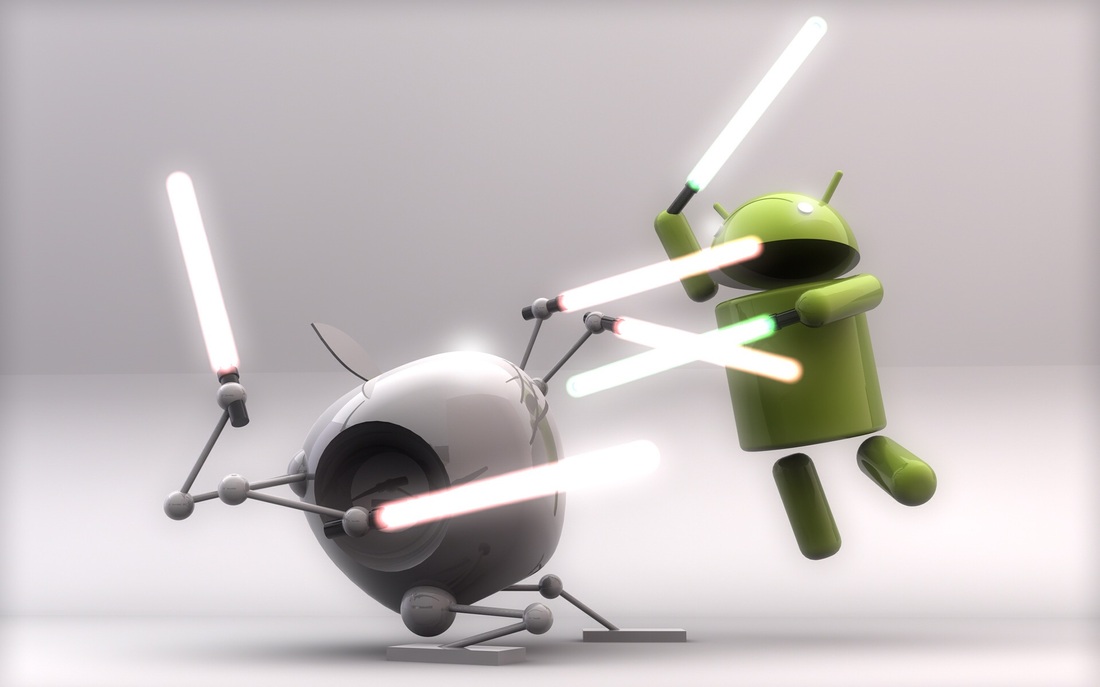But a funny thing started to happen in the trenches as the foot soldiers did battle. In protecting their margins, Gateway had left their rear flank unguarded and open to sneak attack. As Dell’s volume grew, so did their purchasing power, and Gateway’s purchasing department found themselves having to pay higher prices for the same hard drives and memory chips that were going into essentially the same PC’s from Dell. I remember the Director of Manufacturing Financial Analysis coming back from a “spirited” meeting with the marketing group in which he returned with a handout that showed Gateway and Dell PC’s side-by-side with the same specs and Gateway on the wrong end of a $100 price differential. As Dell demanded pricing concessions from their vendors, OUR same vendors, they reluctantly agreed for fear of losing Dell’s business. And what did they do in the short term to protect their cash flow? They charged higher prices to all the chumps, the smaller customers with no clout.
And then came the “reverse auctions”. A trend in which large institutional customers would send the required specs to PC companies and invite them to their big conference call. They would sit in their conference room and go around in a circle to each vendor to see if they would beat the previous vendors price and by how much. When you were unwilling to go any lower you were out of the game. The last man standing got the deal.
Which brings me to my point. Manufacturing is an endeavour in which you are either winning or losing: there is no static middle ground. Small advantages or disadvantages will be magnified and grow over time if not corrected before it’s too late.
In light of OS market share, Android is always portrayed as the Goliath to Apple’s David. However, measured in terms of what really matters, purchasing power, it is actually Apple that is the market giant. With such a large portion of the smartphone industry concentrated in such a relatively few models, no one wields the clout that Apple does. It is virtually guaranteed that whatever they are buying, they are getting a better price than anyone else in the world on that component. And unlike Dell Computer, they aren’t giving up gross margins to get that purchasing power. On the contrary, they are charging premium prices from customers while demanding lower prices from suppliers. Amazing.
And what about all those Android manufacturers? With volume that is dwarfed by Apple, they are left paying higher prices for comparable components so anyone playing the low price game is forced into cheaper components. That means either lower quality or older tech.
All the while, Apple seems to be enjoying this public perception that they are the plucky little upstart standing alone against the behemoth, when in reality, nothing is further from the truth. It is Apple that is the eight hundred pound gorilla and the Android manufacturer’s are more akin to the orphans from Oliver Twist fighting for scraps of whatever is left over from Apple’s table.



 RSS Feed
RSS Feed